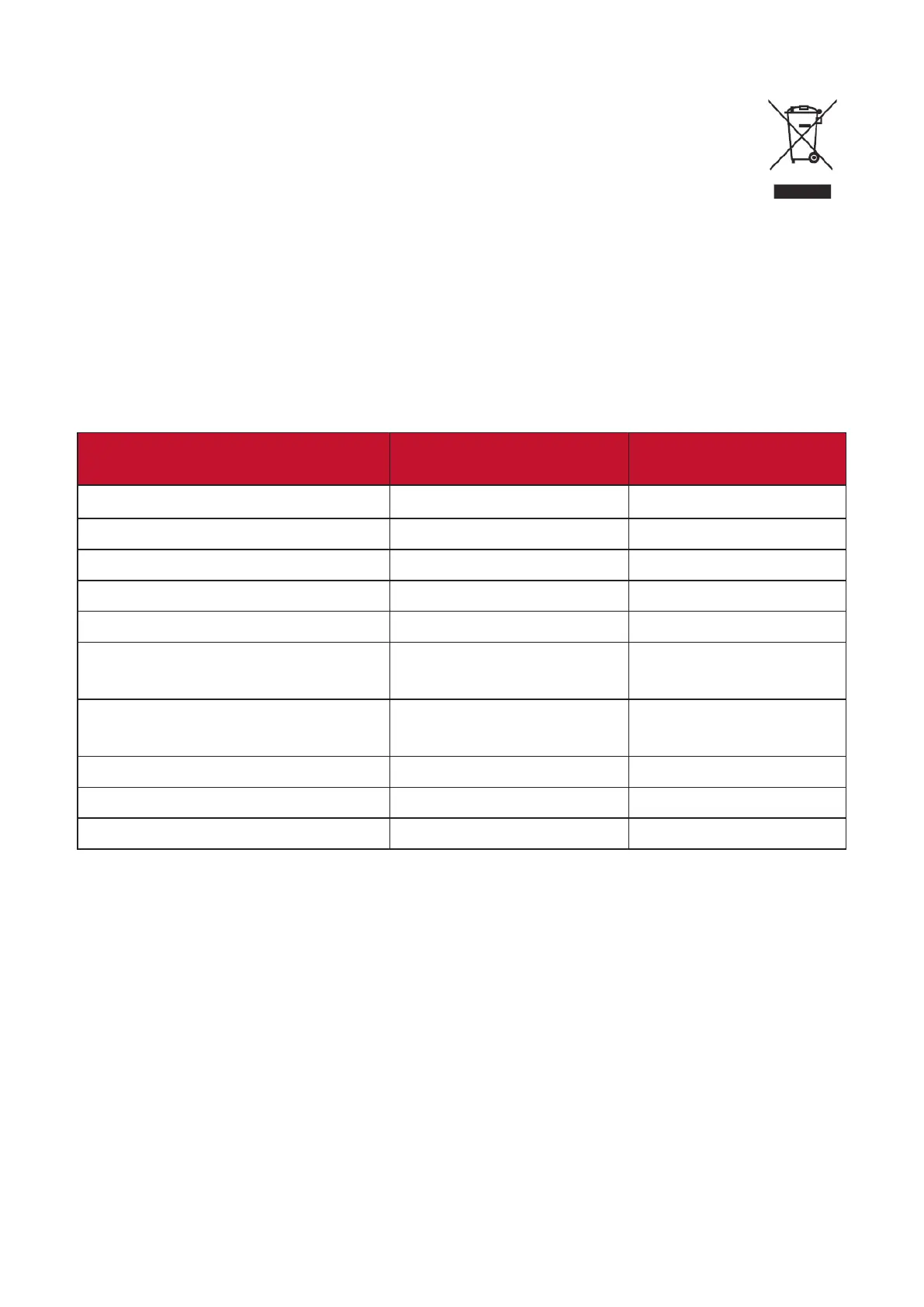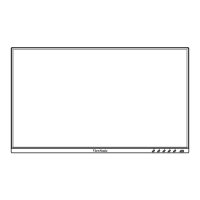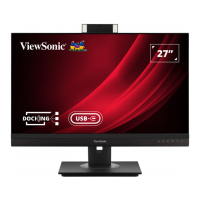60
The following informaon is only for EU-member states:
The mark shown to the right is in compliance with the Waste Electrical
and Electronic Equipment Directive 2012/19/EU (WEEE). The mark
indicates the requirement NOT to dispose of the equipment as unsorted
municipal waste, but use the return and collection systems according to
local law.
Declaraon of RoHS2 Compliance
ThisproducthasbeendesignedandmanufacturedincompliancewithDirecve
2011/65/EUoftheEuropeanParliamentandtheCouncilonrestriconoftheuse
of certain hazardous substances in electrical and electronic equipment (RoHS2
Direcve)andisdeemedtocomplywiththemaximumconcentraonvaluesissued
bytheEuropeanTechnicalAdaptaonCommiee(TAC)asshownbelow:
Substance
Proposed Maximum
Concentraon
Actual Concentraon
Lead (Pb) 0.1% <0.1%
Mercury (Hg) 0.1% <0.1%
Cadmium (Cd) 0.01% <0.01%
HexavalentChromium(Cr6⁺) 0.1% <0.1%
Polybrominated biphenyls (PBB) 0.1% <0.1%
Polybrominated diphenyl ethers
(PBDE)
0.1% <0.1%
Bis (2-ethylhexyl) phthalate
(DEHP)
0.1% <0.1%
Butyl benzyl phthalate (BBP) 0.1% <0.1%
Dibutyl phthalate (DBP) 0.1% <0.1%
Diisobutyl phthalate (DIBP) 0.1% <0.1%
Certain components of products as stated above are exempted under the Annex
III of the RoHS2 Direcves as noted below. Examples of exempted components
are:
• Leadasanalloyingelementinaluminumcontainingupto0.4%leadbyweight.
• Copperalloycontainingupto4%leadbyweight.
• Leadinhighmelngtemperaturetypesolders(i.e.lead-basedalloyscontaining
85%byweightormorelead).
• Electrical and electronic components containing lead in a glass or ceramic other
than dielectric ceramic in capacitors, e.g. piezoelectronic devices, or in a glass or
ceramic matrix compound.
